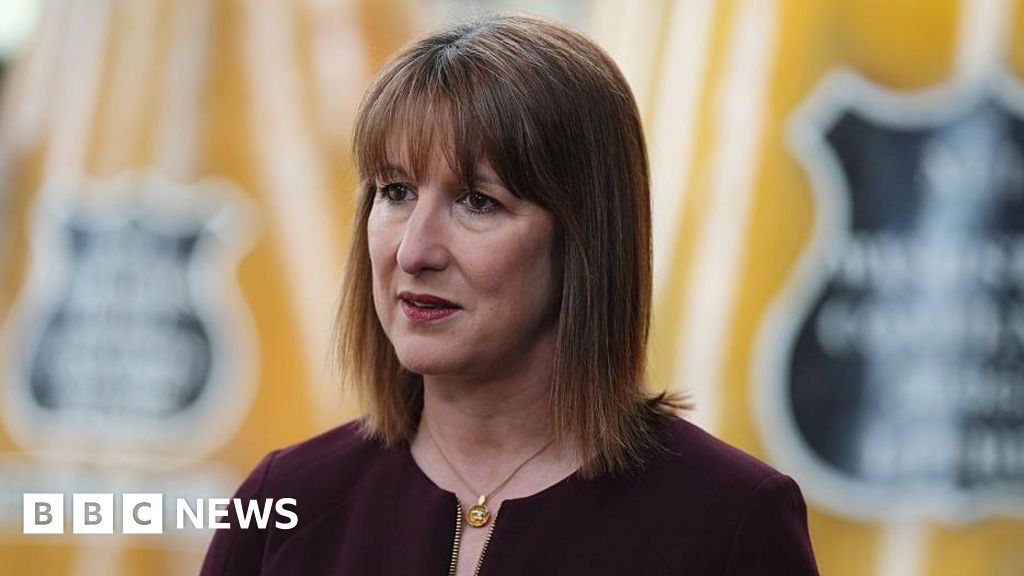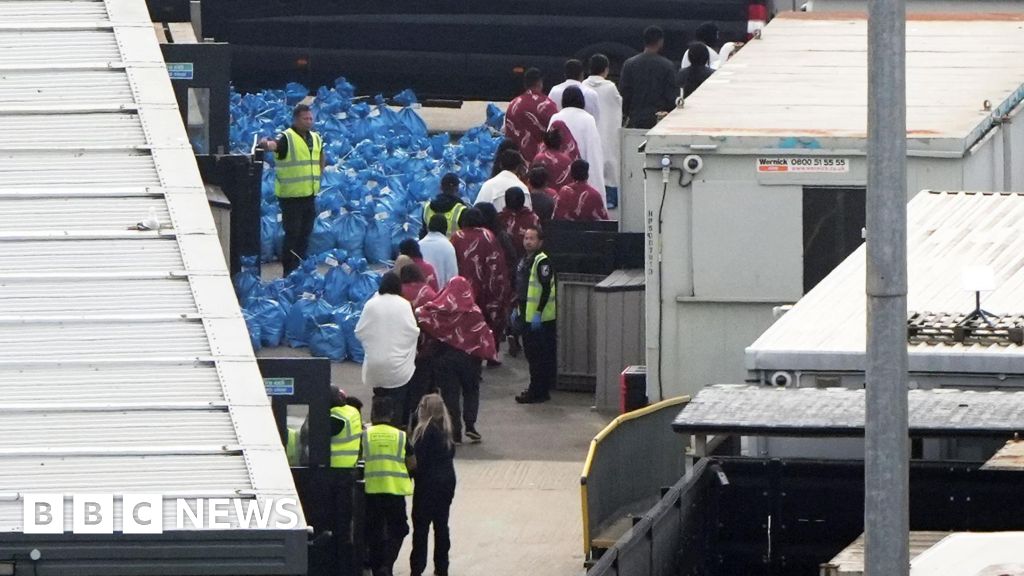- Work
The Associated Press' top photos of the 2024 election
时间:2010-12-5 17:23:32 作者:Audio 来源:National 查看: 评论:0内容摘要:"My daughter unfortunately died on a 60mph road with no footpath, with no bus shelter and basically got off her bus on a mucky, grass verge - so the bus pass that she [was] issued, I thought was a death sentence," she said."My daughter unfortunately died on a 60mph road with no footpath, with no bus shelter and basically got off her bus on a mucky, grass verge - so the bus pass that she [was] issued, I thought was a death sentence," she said.
South Africa's President Cyril Ramaphosa is at the centre of a political firestorm after he approved a law that gives the state the power to expropriate some privately owned land without compensation for owners.The law, which is yet to be implemented, has drawn the ire of US President Donald Trump, who sees it as discriminating against white farmers.

Centre-right political parties and lobby groups in South Africa have also opposed it, saying they will challenge the Expropriation Act – as the law is named – in court on the grounds that it threatens property rights.Ramaphosa's government says the law provides for compensation to be paid in the vast majority of cases – and the changes are needed to increase black ownership of land.Most private farmland is still owned by white people.

When Nelson Mandela came to power more than 30 years ago, ending the racist system of apartheid, it was promised that this would be rectified through a willing-buyer, willing-seller land reform programme – but critics say this has proved too slow and too costly.In rare circumstances it would be land that was needed for the "public interest", legal experts told the BBC.

According to South African law firm Werksmans Attorneys, this suggested it would mainly, or perhaps only, happen in relation to the land reform programme.
Although it could also be used to access natural resources such as minerals and water, the firm added,Trump has described these taxes as payback for unfair trade policies.
On Friday, Trump announced thefrom 25% to 50%, beginning on Wednesday.
Like with most of the announced tariffs, Trump said the move would help boost local steel industry, while reducing US reliance on China.US steel manufacturing has decreased in recent years and countries like China, India and Japan have become the world's biggest producers.
- 最近更新
- 2025-07-07 07:13:30Seven killed in helicopter crash in India’s Uttarakhand state
- 2025-07-07 07:13:30At least 100 people killed as gunmen attack Nigeria’s Benue: Rights group
- 2025-07-07 07:13:30More colleges are launching courses in entrepreneurship but founders question their value
- 2025-07-07 07:13:30Three top golf courses within swinging distance of Edinburgh
- 2025-07-07 07:13:30India says it will ‘never’ restore Indus Waters Treaty with Pakistan
- 2025-07-07 07:13:30Real Madrid beat Pachuca at Club World Cup despite Asencio’s early red card
- 2025-07-07 07:13:30Summer books 2025: the best titles of the year so far
- 2025-07-07 07:13:30Photos: Kenyan police shoot bystander at close range during latest protests
- 热门排行
- 2025-07-07 07:13:30Caprese Salad With Tomatoes, Basil, and Mozzarella
- 2025-07-07 07:13:30India’s Modi tells Trump there was no US mediation in Pakistan truce
- 2025-07-07 07:13:30showed off the sparkling diamond ring
- 2025-07-07 07:13:30Pentagon chief says US strikes have ‘devastated’ Iran’s nuclear programme
- 2025-07-07 07:13:30showed off the sparkling diamond ring
- 2025-07-07 07:13:30Sorry, Mr Gates, your billions won’t save Africa
- 2025-07-07 07:13:30EyeVac Pro Touchless Automatic Dustpan
- 2025-07-07 07:13:30Markram and Bavuma put South Africa on verge of WTC win against Australia
- 友情链接
- EU should use trade deals to send back migrants, says Belgian minister Tracking Ukraine’s battle against Russia in maps and charts Trump tracker: the latest data on US tariffs, trade and economy UK output price inflation hits 4-year low, survey shows Japanese politics & policy Critics concerned that US military personnel could face retaliation by Iran and its proxies America’s gamble in Iran makes the world a more dangerous place Who has Trump’s ear on Iran? Elevate your dining experience, whether you’re watching Wimbledon, Wicked, or the sun go down Who has Trump’s ear on Iran? Company should fix leaky pipes instead of pursuing £2.2bn Oxfordshire project, say activists IDF signals it will continue offensive while assessing impact of US raid on nuclear sites Energy prices to be cut for businesses as part of UK industrial strategy The Israel-Hamas war in maps and charts The raids attacked research and centrifuge arrays that Tehran has built up over decades The 10 most entertaining terraces in London Advent agrees £4.4bn takeover of London-listed Spectris Sign up for Swamp Notes, our newsletter on the intersection of money and power in US politics FirstFT: Trump raises prospect of ‘regime change’ in Iran FirstFT: Trump raises prospect of ‘regime change’ in Iran US bombs nuclear sites in Iran Trump’s fateful choice on Iran In maps: Iran’s three nuclear sites targeted by US bombers Spain secures opt-out from new Nato spending goal, says Sánchez What happens to Nato if the US steps back? Travel outside your political tribe? Many are saying no thanks America’s gamble in Iran makes the world a more dangerous place FirstFT: Trump raises prospect of ‘regime change’ in Iran Next week’s development finance conference in Seville is unlikely to deliver much Investing in America: The best US cities for international business
